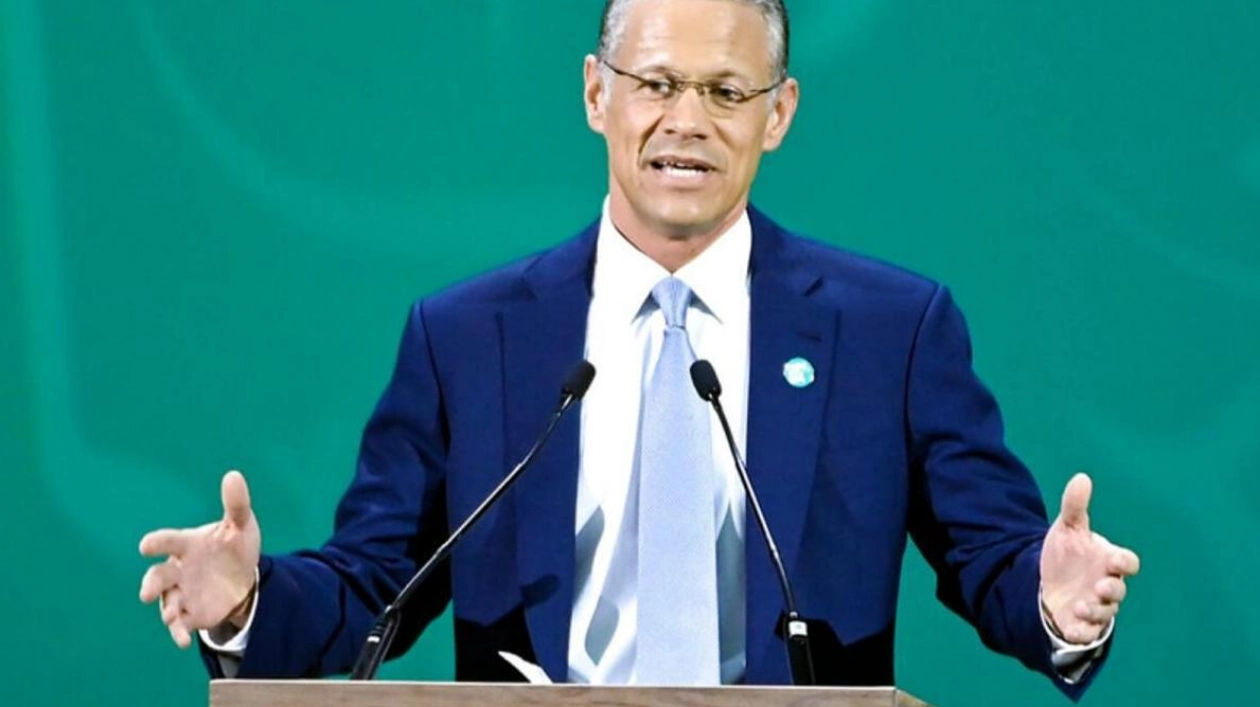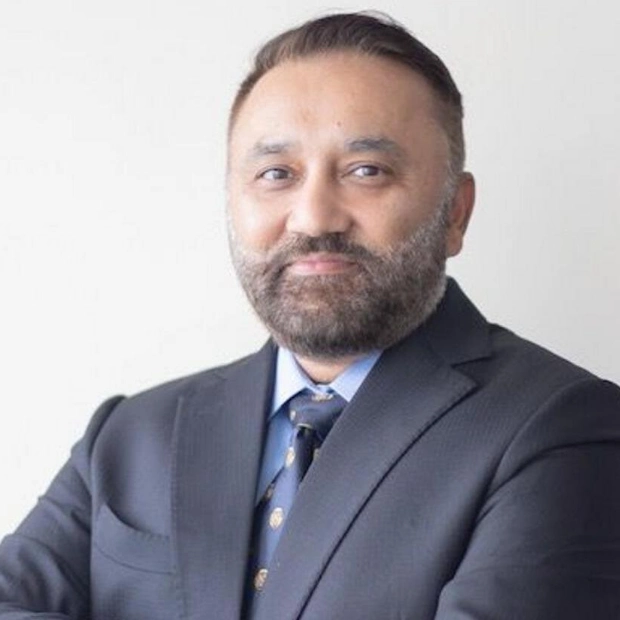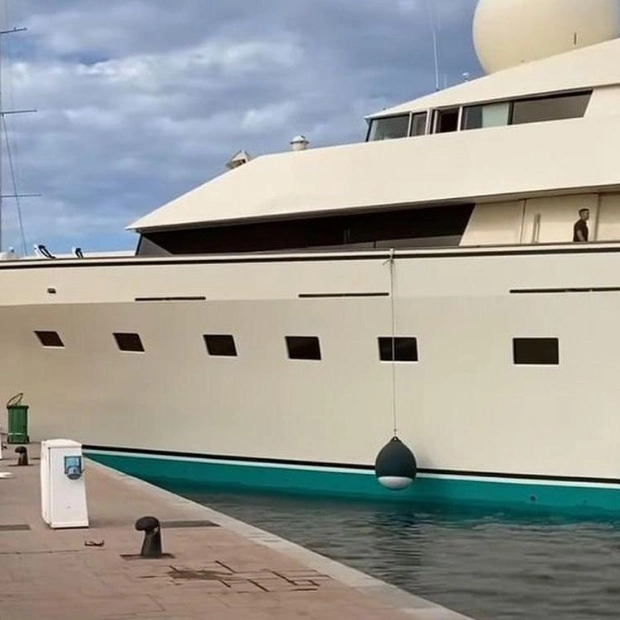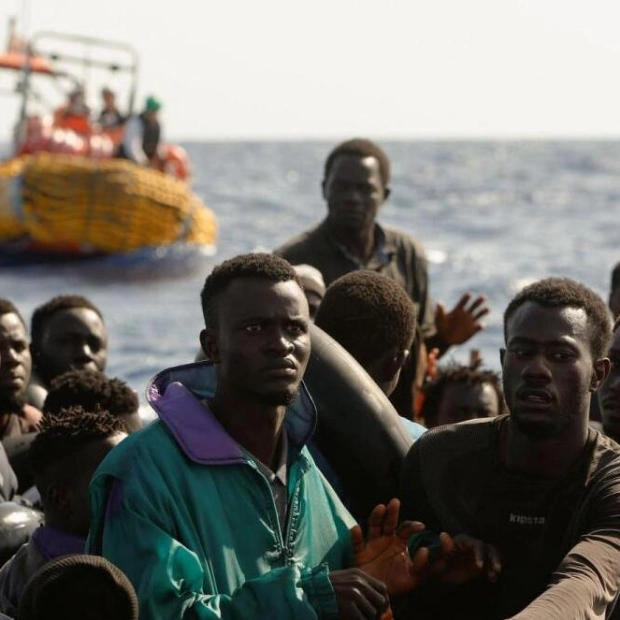Badr Jafar, the UAE's Special Envoy for Business and Philanthropy, delivered a keynote speech at COP29.
The COP29 Presidency organized the Business, Investment & Philanthropy Climate Platform to leverage the combined strength of the private sector and accelerate climate action. This year's event is the second iteration of the Business and Philanthropy Climate Forum, which was first introduced during COP28 in the UAE. The forum continues to be the primary avenue for private sector involvement within the COP framework. Over 900 global leaders from business, finance, and philanthropy gathered to promote practical and sustained efforts towards the Paris Agreement and the UAE Consensus.
The agenda included prominent speakers such as COP29 President Mukhtar Babayev, Minister of Ecology and Natural Resources of Azerbaijan; Mikayil Jabbarov, Minister of Economy of Azerbaijan; Nigar Arpadarai, COP29 UN Climate Change High-Level Champion; Makhtar Diop, Managing Director of IFC; The Rt Hon Lord Alok Sharma KCMG, COP26 President; Majid Al Suwaidi, CEO of Alterra Fund; and Badr Jafar, Special Envoy for Business and Philanthropy of the UAE.
In his keynote address, Badr Jafar, who chaired the inaugural Business & Philanthropy Climate Forum at COP28, emphasized the critical need for global collaboration in climate finance. He stated, "The UAE Consensus acts as a guiding light for multistakeholder climate action, and we are at a pivotal moment where public-private partnerships must be utilized to access the substantial resources needed to tackle the growing climate crisis."
Building on the momentum from COP28's Business & Philanthropy Climate Forum in Dubai, which secured over US $7bn in private capital commitments, the Baku edition focused on financial and real economy stakeholders. Attendees from around the world were eager to enhance the private sector's role in climate action.
Badr Jafar further highlighted the private sector's crucial role, saying, "Governments cannot bear this burden alone; we need the innovation, resources, and dedication of the private sector more than ever. As business leaders, philanthropists, and investors, we must adopt a long-term perspective, moving beyond short-term political considerations. This approach will drive consistent progress and scale impact."
Discussions at the event revolved around the trillions of dollars required annually to achieve net-zero and nature-positive outcomes in developing countries. However, it was also noted that over 100 trillion dollars are managed in assets globally, including sovereign wealth, pensions, insurance, and family offices. Worldwide private wealth exceeds 450 trillion dollars and is expected to grow by over 6 percent annually by the end of the decade. Therefore, the challenge is not the availability of capital but the mechanisms to direct this capital towards climate solutions in the Global South.
The sessions also emphasized advancing public-private collaboration, particularly accelerating foreign direct investment (FDI) for climate action. Key facilitators of FDI for developing countries were identified, and the importance of consistent, scaled financial flows to emerging markets was underscored.
The forum's messages conveyed a sense of urgency and optimism. Collaborative efforts showcased at the event laid the groundwork for continued and scaled action at future COP meetings. The Business & Philanthropy Climate Forum remains a vital platform for integrating business and philanthropic leadership into the global climate action framework. By uniting leaders from all key sectors, the forum fosters multistakeholder dialogue and action, propelling progress towards global climate and nature goals.
Source link: https://www.khaleejtimes.com






